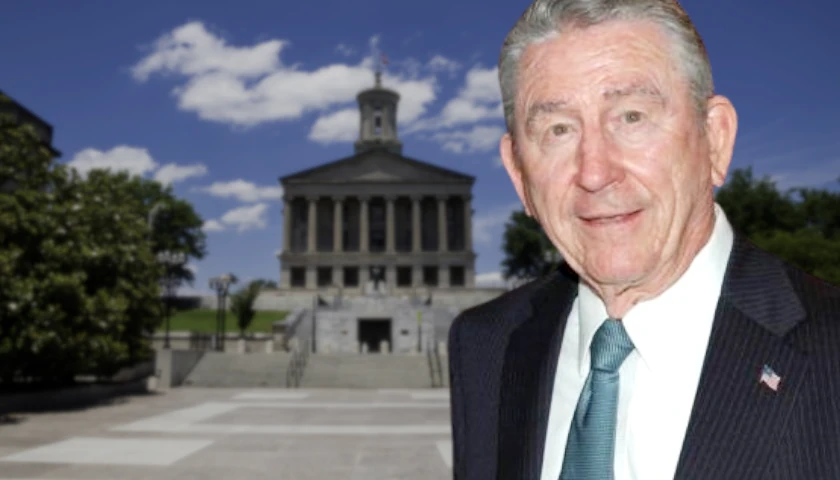A new report from a D.C.-based nonprofit suggests that Pennsylvania lags behind most states regarding religious freedom.
Last week, Napa Legal Institute published its first annual Faith & Freedom Index on which the Keystone State ranked 40th among all 50 states. The report rated each state in terms of its legal protections for faith-based institutions as well as regulatory regimes governing those entities. The commonwealth scored 30 percent for religious freedom and 55 percent for regulatory freedom for an averaged score of 55 percent.
The institute broke down the religious-freedom measure into subcategories of constitutional protections, religious-liberty statutes, nonprofit public-programming freedom, faith-based employer laws and free exercise during states of emergency. Napa Legal also took into account whether a state has a “Blaine Amendment,” i.e., a restriction on aid to faith-based schools.
For the regulatory-freedom score, the institute considered the state’s laws on nonprofit religious corporations, standards of conduct for organization leaders, registration requirements for charities, and audit mandates for charitable solicitation. Tax-law treatment of religious nonprofits also factored in, particularly as it pertained to the state corporate income tax, the sales and use tax and real-estate taxes.
Napa Legal praised Pennsylvania’s policy of automatically exempting 501(c)(3) religious organizations from corporate taxes. The institute further noted the commonwealth has a modestly potent Religious Freedom Restoration Act as well as laws somewhat favorable to religious groups in the realm of director-conduct standards and charitable registration.
But numerous state policies were found to impose significant burdens on faith-based associations. Sales and use taxes, for instance, do not exempt religious groups; such groups face onerous audit requirements in order to fundraise; nondiscrimination laws constrain religious organizations’ autonomy when they offer public programs; such statues only narrowly permit religious groups to prefer hiring co-religionists; and the Pennsylvania Constitution contains a Blaine Amendment.
Napa Legal Vice President and Executive Director Mary Margaret Beecher said she hopes state officials will view the index as an impetus for reform. She described it as an “annual physical” to aid policymakers’ understanding of what policies bolster liberty in their jurisdictions and which are “high-risk behaviors” that compromise their religious communities’ freedoms.
“There’s a lot of opportunity in Pennsylvania to make the protections for religious freedom clearer,” she said. “Obviously, we’re in a litigious era and so clarity is key particularly for faith-based nonprofits who need to be focusing on their mission — on the people they serve — and need to be confident they can do so in a way that is consistent with their sincerely held religious beliefs.”
Beecher said the commonwealth’s religious-corporation law should be a key focus for improvement. The law, she explained, should recognize these entities’ unique administrative needs.
When a state fosters robust and unconstrained religious communities, she insisted, civil society benefits from the humanitarian aid as well as spiritual renewal and moral grounding these communities provide.
“I think there’s a lot of opportunity in the United States to reinforce and strengthen the religious-freedom protections that have been part of our country since our founding…,” she said. “Faith-based nonprofits offer needed solutions to this era of division, to this era of crises.”
Texas, Alabama and Indiana ranked in descending order as the three freest states in terms of religious freedom, according to the index. Wisconsin, Nevada and Michigan ranked as the states that are least friendly toward religious liberty.
– – –
Bradley Vasoli is managing editor of The Pennsylvania Daily Star. Follow Brad on Twitter at @BVasoli. Email tips to [email protected].
Photo “Woman Praying in Church” by Naassom Azevedo.





